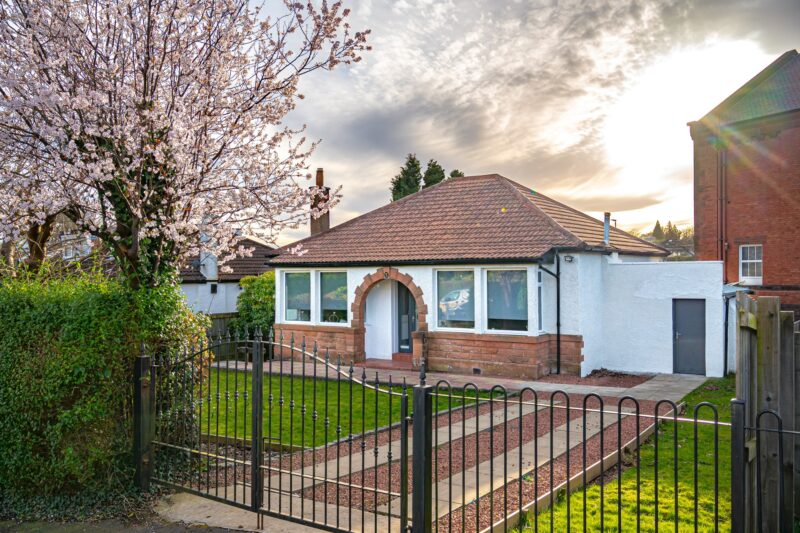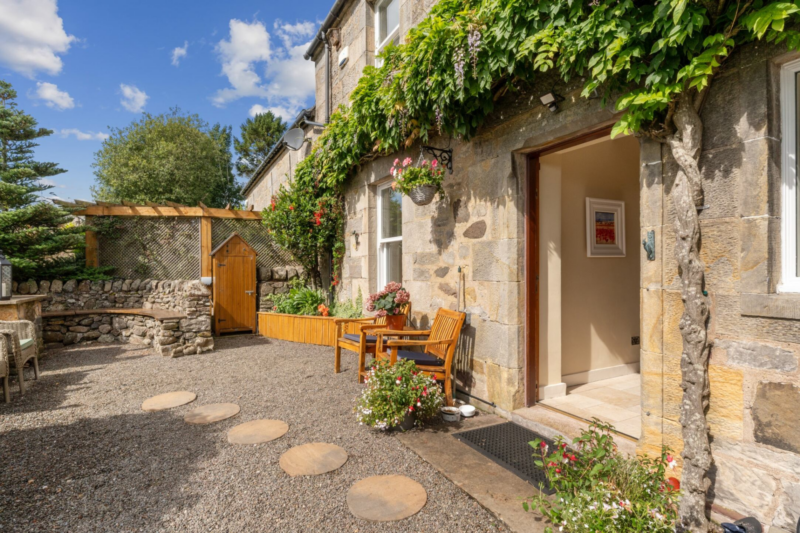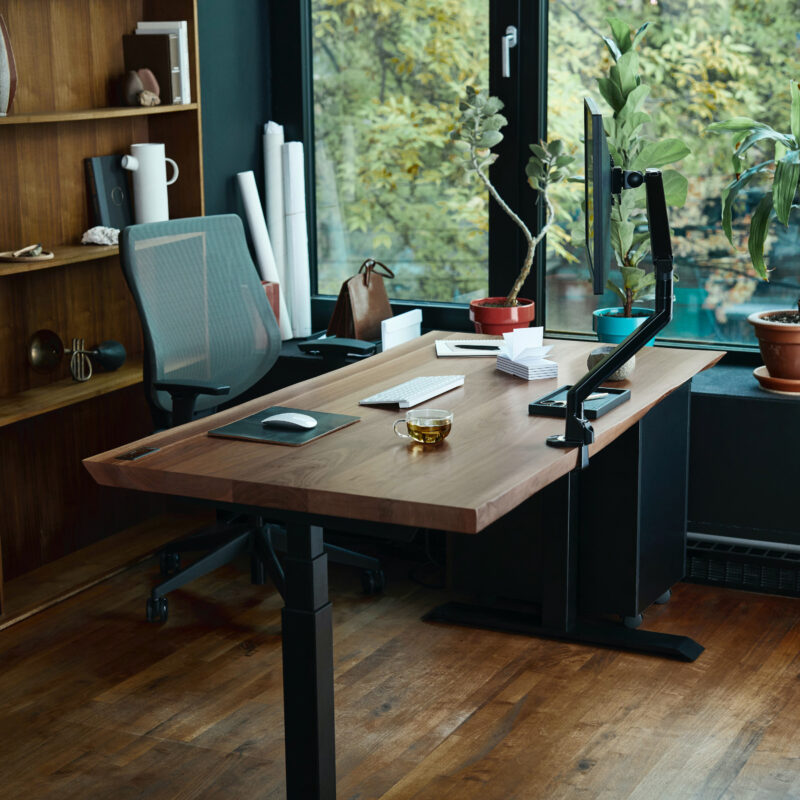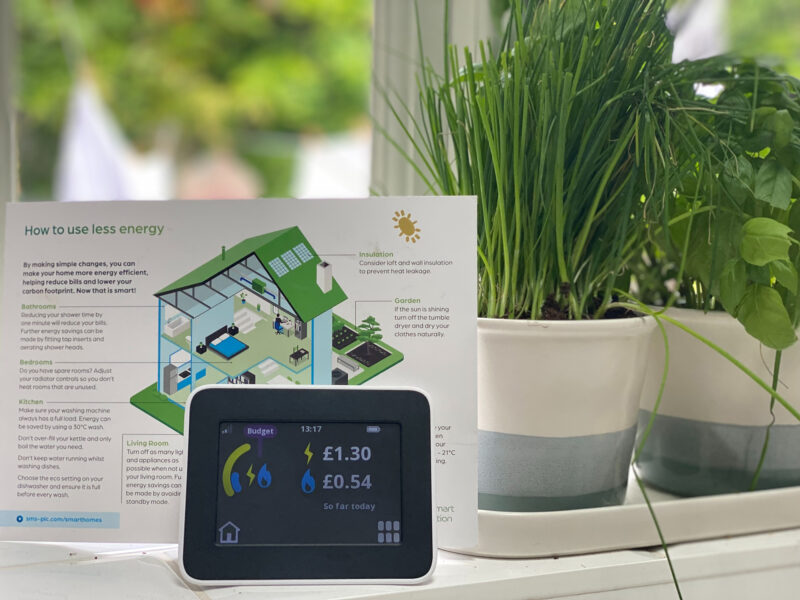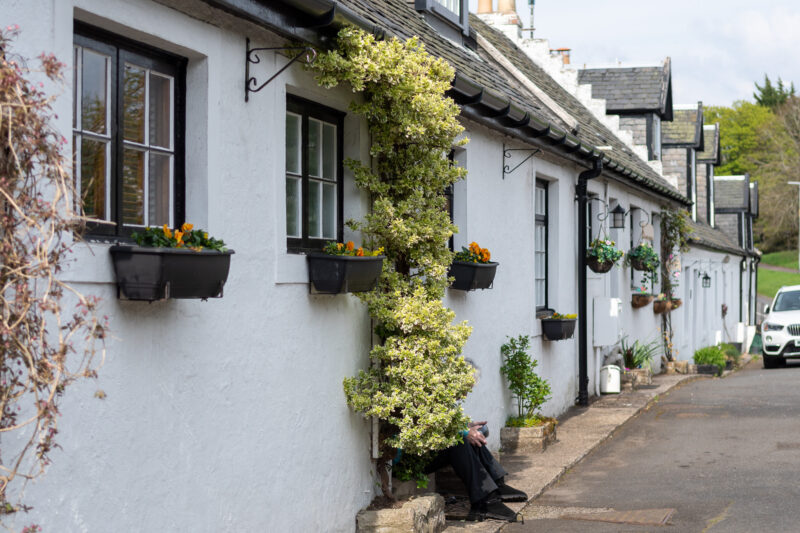
Buying Your First Home. How Much Can You Afford?
You may be keen to get a foot on the property ladder sooner rather than later, but as with any big purchase, it’s vital to assess whether you can afford it. Since the financial crash, mortgage criteria has tightened up, however there are a few things to be aware of that can help manage your finances, and expectations, before you head to the bank. Here are some ways to boost your chances and work out how much you can comfortably afford to borrow.
Consider the assets you have
Most will be well-aware that you will need a chunk of savings to form your deposit of around 5-10% of the purchase price at least, all the better if you have more, as this will decrease how much you have to borrow overall and minimise monthly repayments too. Banks will also carefully scrutinise your monthly/annual earnings and require evidence of this. Be prepared to have at least few years evidence of earnings, again the more the better, if self-employed.
Tidy up finances
It’s good practice to hold off on any lavish spending prior to a mortgage application, or at least be aware you may have to account for this. It’s also a good idea to ‘clean – up’ any smaller unnecessary expenditure month to month, maximising your monthly ‘profit’ as well. Check what state your credit file is in via the credit reference companies Equifax, Experian and TransUnion – check all to see your file and flag any issues in advance, which you can now do for free. If it needs work, research how you can boost your credit rating, for example paying credit cards and utilities on time via direct debits, and give a bit of time until this bolsters your credit file. These steps will help you become a desirable candidate for lenders as well as freeing up cash for you to channel into monthly mortgage repayments.
Mortgage calculator
You can find these online, giving you a ballpark figure on what you might be able to afford. Input the property price and deposit amount and get a rough idea of what monthly repayments might be and what your annual income should look like, as well as an illustrative LTV (loan to value) percentage. For example, you are applying as a couple, looking at properties at around £130,000 with a deposit of £10,000. According to RightMove’s Mortgage Calculator, repayments would be around £627 per month and you would need a joint gross income of around £35,000 – £48,000, with a LTV percentage of 92.3%.
Remember LBTT
It’s not quite as simple as having enough to cover a deposit and mortgage repayments when you move, however. There are taxes to pay, such as The Land and Buildings Transaction Tax in Scotland, which will affect second-time buyers and those buying more expensive properties the most. For the first time buyer, there is a zero-tax threshold of £175,000, which may well provide a limit in terms of value and affordability when it comes to their property search.
Other costs involved in moving
Consider the other costs involved in the buying and selling process such as mortgage advisor, estate agent and solicitor fees as well as removal costs and any necessary furnishings or renovation work that might need completed on a new property, which can all add up.
Allow for the unexpected
Basically, don’t stretch yourself to the point where you’d find yourself in major difficulty if the worst should happen – unexpected expenditure, loss of job/earnings or a sudden change in personal circumstances. It makes sense to pack a little resilience into your budget and be realistic with yourself on what you can reasonably afford.

